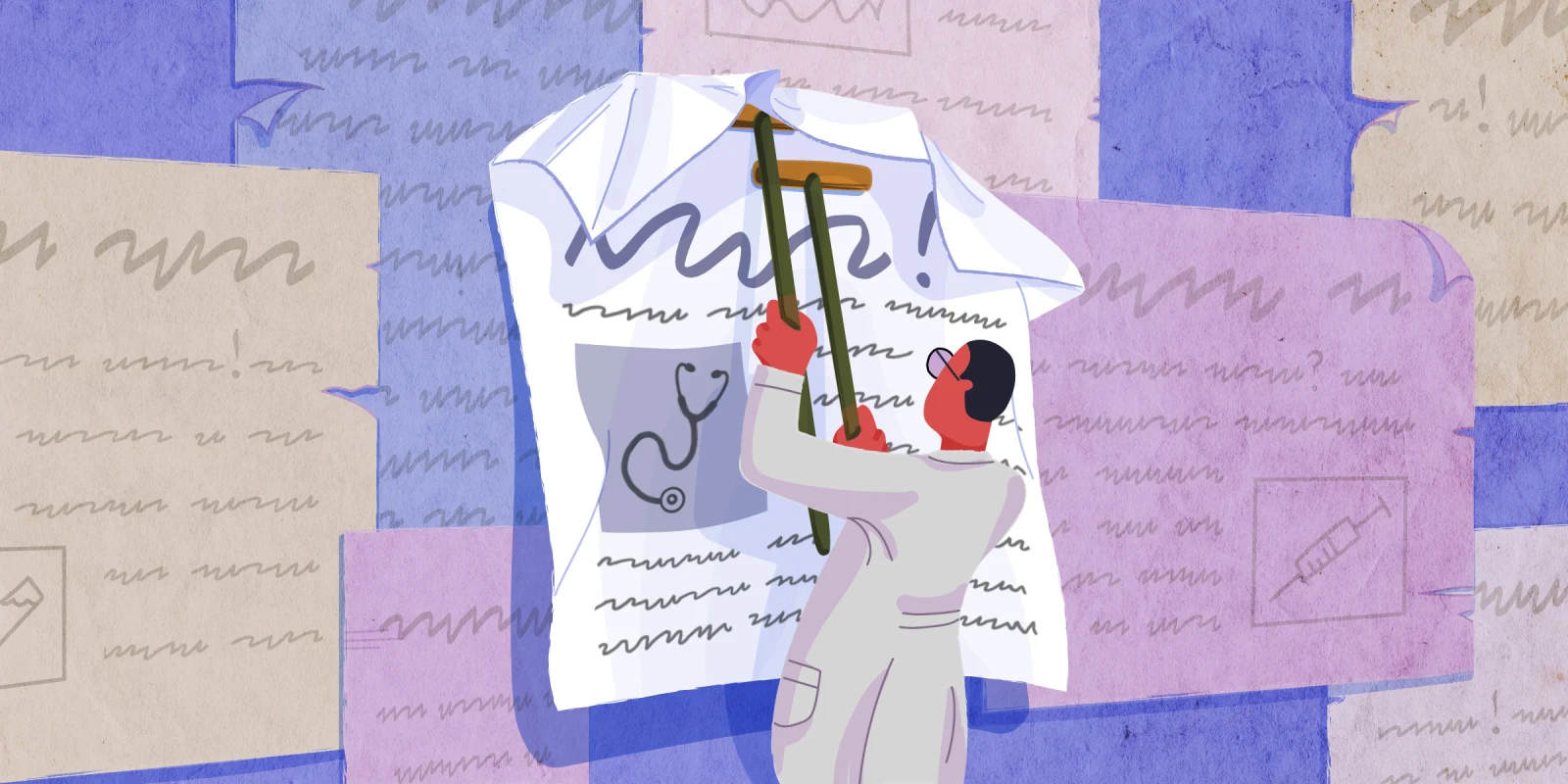I peer over my cubicle wall, brushing against a plaque that reads, “Doctor Desk #6”, and flag down my colleague. He is detail-oriented, and hacking away on his keyboard, company-issue headphones snug over his bobbing head. He pauses, fingers hovering, and catches my eye.
“Lunch?”
Lunch in this new world means Michelin-inspired rigatoni carbone on the Upper West Side and trading pork belly buns at Momofuku noodle bar – far cries from my usual residency days scarfing down cafeteria chicken nuggets as I race across the parking lot to continuity clinic. This new world is an opportunity to work at ABC News, and peek into the sieve that distills the inaccessibility of academic medicine into practical public health content. Dozens of scientific papers are published every day, and they are often dense and jargon-ridden. How is this material sorted and translated to be meaningful for millions of viewers, most of which are outside the medical profession? For one month in chilly, bustling New York City, I explored this parallel universe, leaving my Littmann stethoscope behind for history’s most powerful tool: the pen.
I had heard about the ABC News Medical Media elective as a medical student and tinkered with the idea of applying for many years. Essentially, the elective brings medical residents into the ABC newsroom to help write, edit, and fact-check public health content for the network. For me as a human, it was a liberating, bubble-popping, perspective-changing shake-up. I could pretend I was a journalist, pick the brains of brilliant producers and editors, traverse the bullpen of a national network. As a physician, it was a powerful training ground on the mechanics of public health information dissemination. If we have learned anything from the pandemic, it’s that here, we struggle mightily.
My new co-residents were physician trainees in different subspecialties from around the country. Instead of chart-checking and pressing stethoscopes on the chests of sleepy patients, we started our days scouring embargoed articles, summarizing them, critiquing them, packaging them into neat 200 word boxes to be pitched to the network. My first lesson was here: not all scientific breakthroughs are national network newsworthy. Is the study relevant to the readership? Will it change medical practice? I reflected back on dozens of post-Grand Rounds surveys: Did the topic inspire behavior change?
Our other major responsibility involved scanning through scripts to be read on-air, checking for accuracy and context. I struggled with this task because at first, I didn’t understand it. I had spent the last seven years like an ostrich with my head in the sand dune of academia, essentially oblivious to the changing world around me. If the global environment was a sand dune when I first went in, it was all underwater now. I had to learn how to anticipate the ways in which words might be interpreted in a global context. I spent many hours reflecting on past conversations with patients. Had I been communicating all wrong?
The last, and arguably most fulfilling, lesson from my time at ABC News came in the form of a challenge called the digital article department. My goal was to successfully pitch and publish at least one article during my time at ABC News. Media-savvy interviewees pounced on my queries. The power of an ABC News email domain is unwieldy.
I had enlightening, invigorating, and empowering conversations with field experts in child psychology and refugee medicine, and even with a physician fighting in Ukraine. I reflected on conversations from my clinical duties at the bedside. They are often intimate, vulnerable, and emotional. I am not sure what I expected, but my conversations at the network were, well, kind of the same. The shift, while palpable, was pleasantly anticlimactic.
At the end of the month, as I packed up my little Airbnb for the train ride home, I considered my past month’s experiences. Perhaps the seemingly overwhelming machine of public health and media is not so different from the weedy profession of medicine. If I could navigate one, what was stopping me from exploring the other? Here, many of us in the medical field have an opportunity to share our knowledge and expertise outside the exam room. Perhaps doing so is just another extension of our everyday world as everyday doctors.
What do you think medicine can learn from media, and vice versa?
Sophia Gauthier, MD, MS is a pediatric hospital medicine fellow at Dell Medical School at University of Texas at Austin. Her career interests include medical education, narrative medicine, climate, and global health.
Illustration by Diana Connolly






